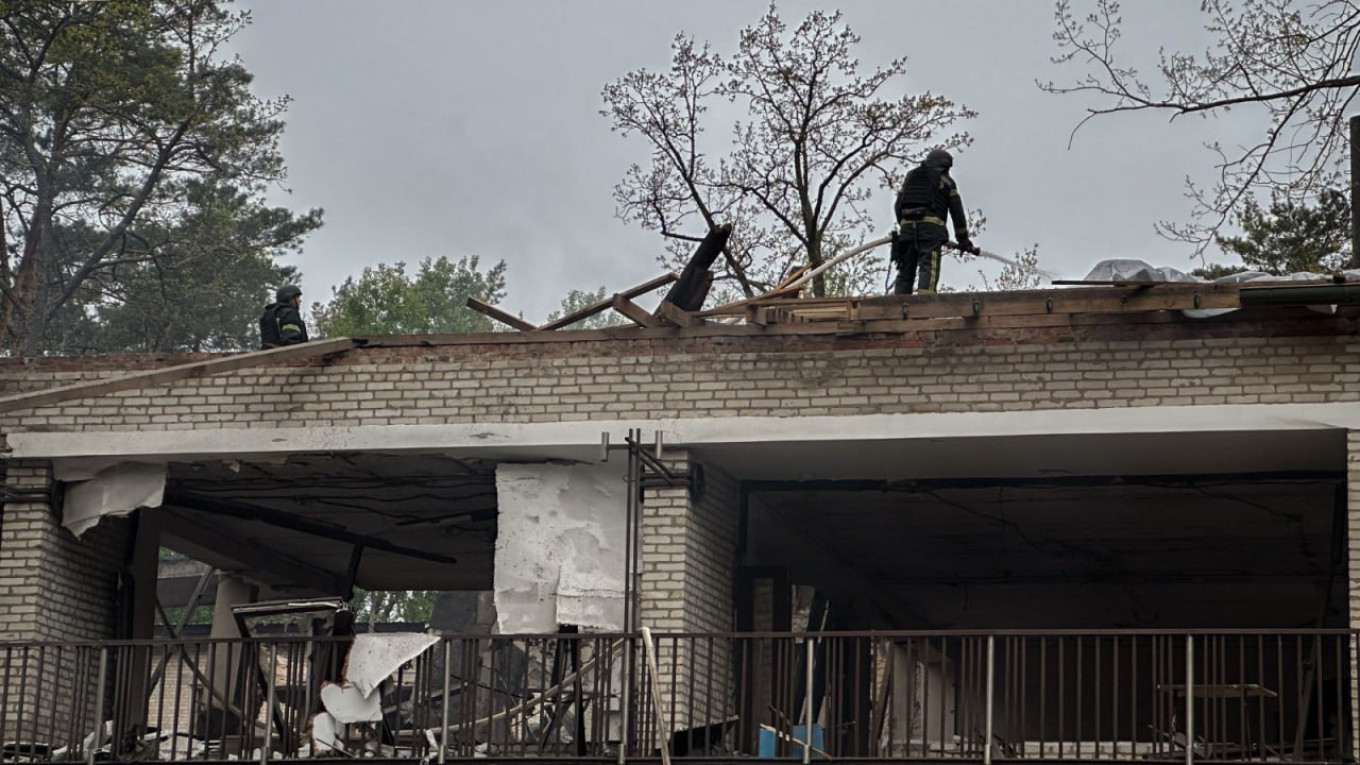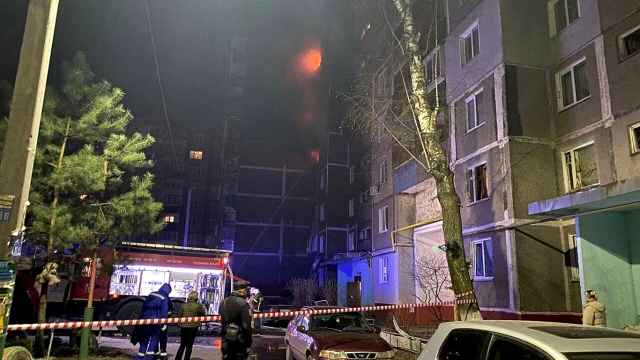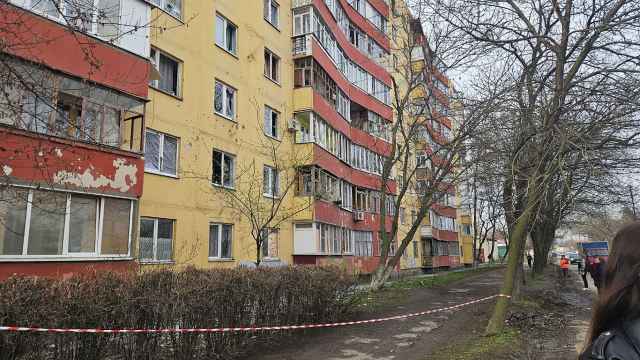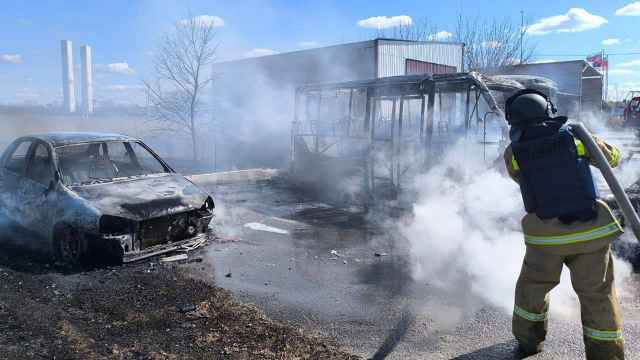Kyiv on Sunday said that Moscow had launched more than 100 drones into Ukraine at night, shortly after a Russian 72-hour ceasefire had ended at midnight.
Kyiv had not reported any drone attacks since Thursday, when the Russian ceasefire came into effect, although it did accuse Moscow of violating the truce hundreds of times.
Russia also accused Ukraine of not observing the ceasefire.
“On the night of May 11 [from 2:00 am on May 11], the enemy attacked with 108 Shahed attack drones and various types of imitator drones,” Kyiv's air force said, adding that it had downed 60 of them.
The attacks came as Russian President Vladimir Putin ignored a European-proposed 30-day ceasefire, backed by the U.S., instead offering direct talks with Kyiv later this month.
Speaking in the early hours of Sunday at the Kremlin, Putin proposed talks with Kyiv in Istanbul on May 15.
“We do not exclude that during these talks we will be able to agree on some new ceasefire,” Putin said in the Kremlin address.
Ukrainian President Volodymyr Zelensky on Sunday said that he expects Moscow to commit to a 30-day ceasefire starting on Monday and that Kyiv was “ready” for direct talks with Russia.
“There is no point in continuing the killing even for a single day. We expect Russia to confirm a ceasefire — full, lasting and reliable — starting tomorrow, May 12, and Ukraine is ready to meet,” Zelensky said on social media.
“It is a positive sign that the Russians have finally begun to consider ending the war,” Zelensky added. “The entire world has been waiting for this for a very long time. And the very first step in truly ending any war is a ceasefire.”
On his way back from Ukraine, where he took part in a European announcement on the 30-day ceasefire proposal, French leader Emmanuel Macron said Putin's proposal was “not enough” and accused him of wanting to “buy time.”
Moscow's invasion of Ukraine has dragged on for more than three years.
A Message from The Moscow Times:
Dear readers,
We are facing unprecedented challenges. Russia's Prosecutor General's Office has designated The Moscow Times as an "undesirable" organization, criminalizing our work and putting our staff at risk of prosecution. This follows our earlier unjust labeling as a "foreign agent."
These actions are direct attempts to silence independent journalism in Russia. The authorities claim our work "discredits the decisions of the Russian leadership." We see things differently: we strive to provide accurate, unbiased reporting on Russia.
We, the journalists of The Moscow Times, refuse to be silenced. But to continue our work, we need your help.
Your support, no matter how small, makes a world of difference. If you can, please support us monthly starting from just $2. It's quick to set up, and every contribution makes a significant impact.
By supporting The Moscow Times, you're defending open, independent journalism in the face of repression. Thank you for standing with us.
Remind me later.






